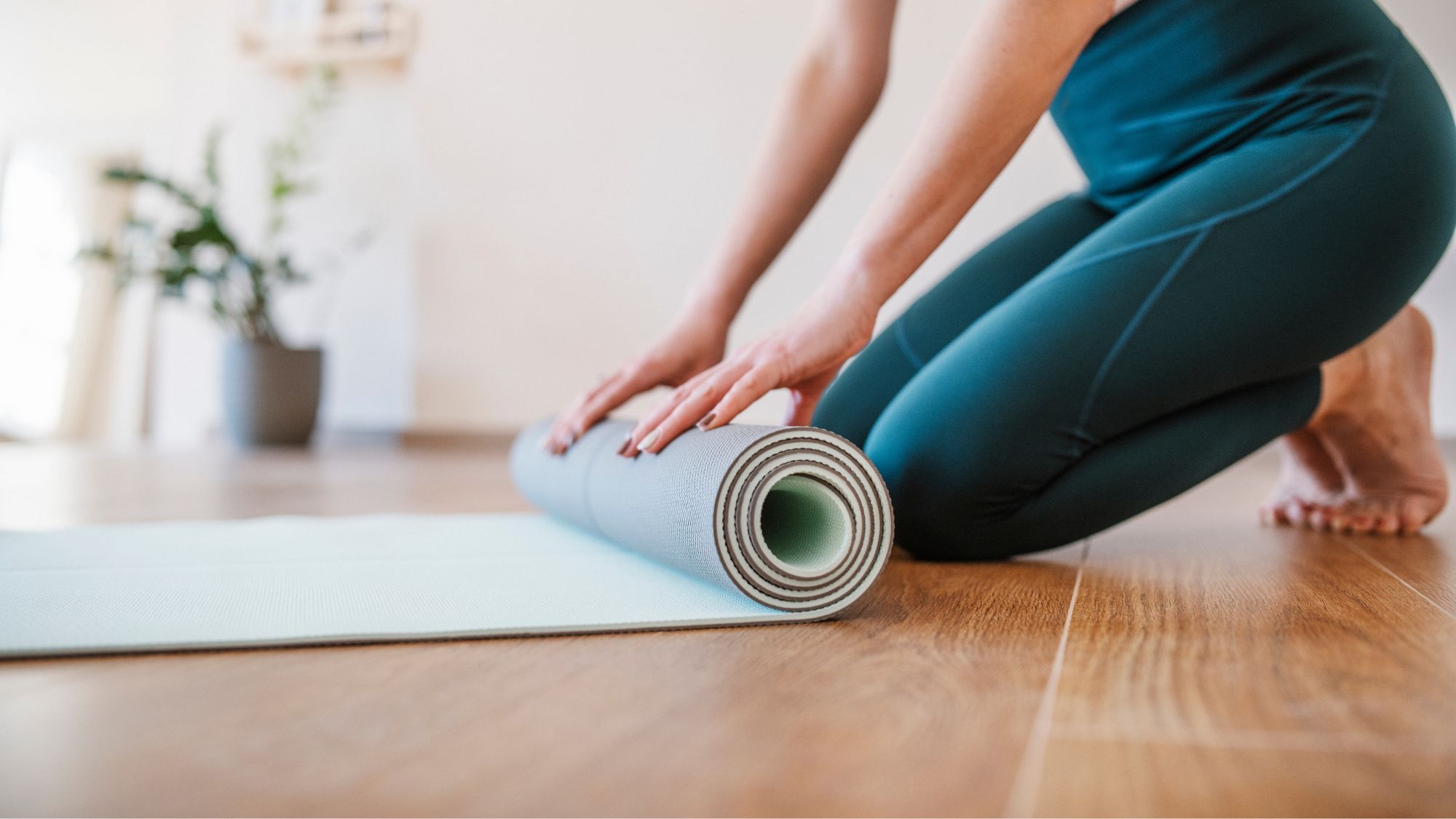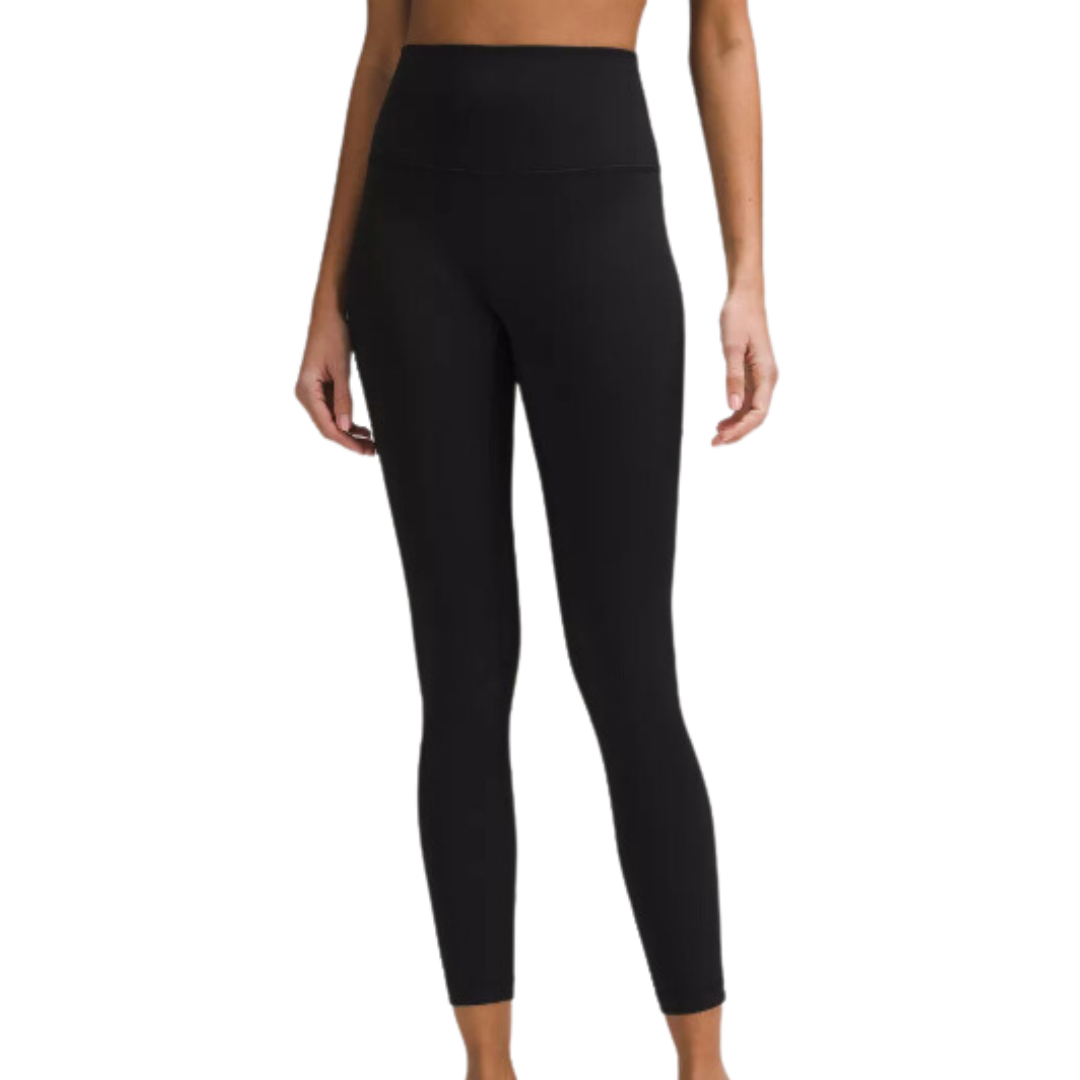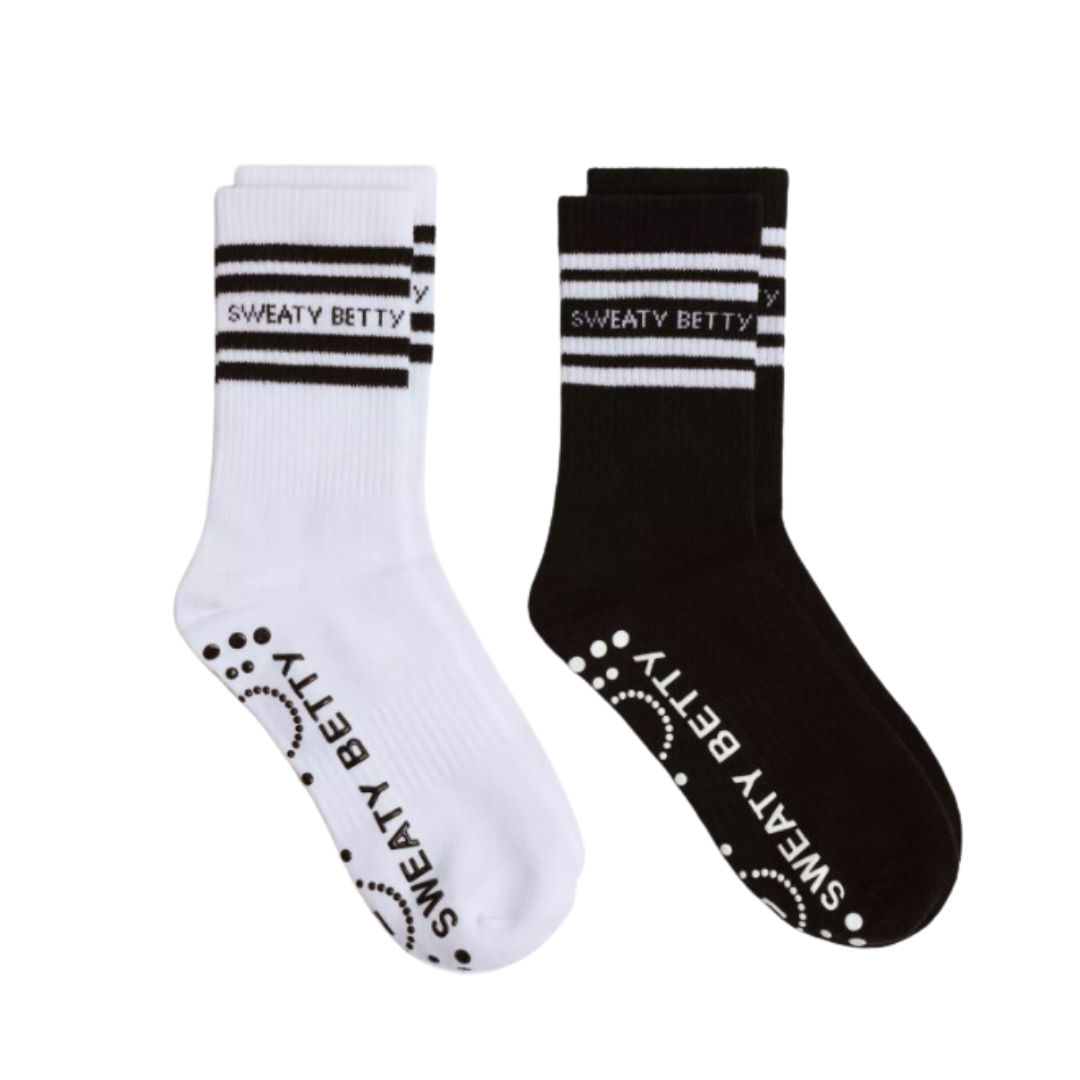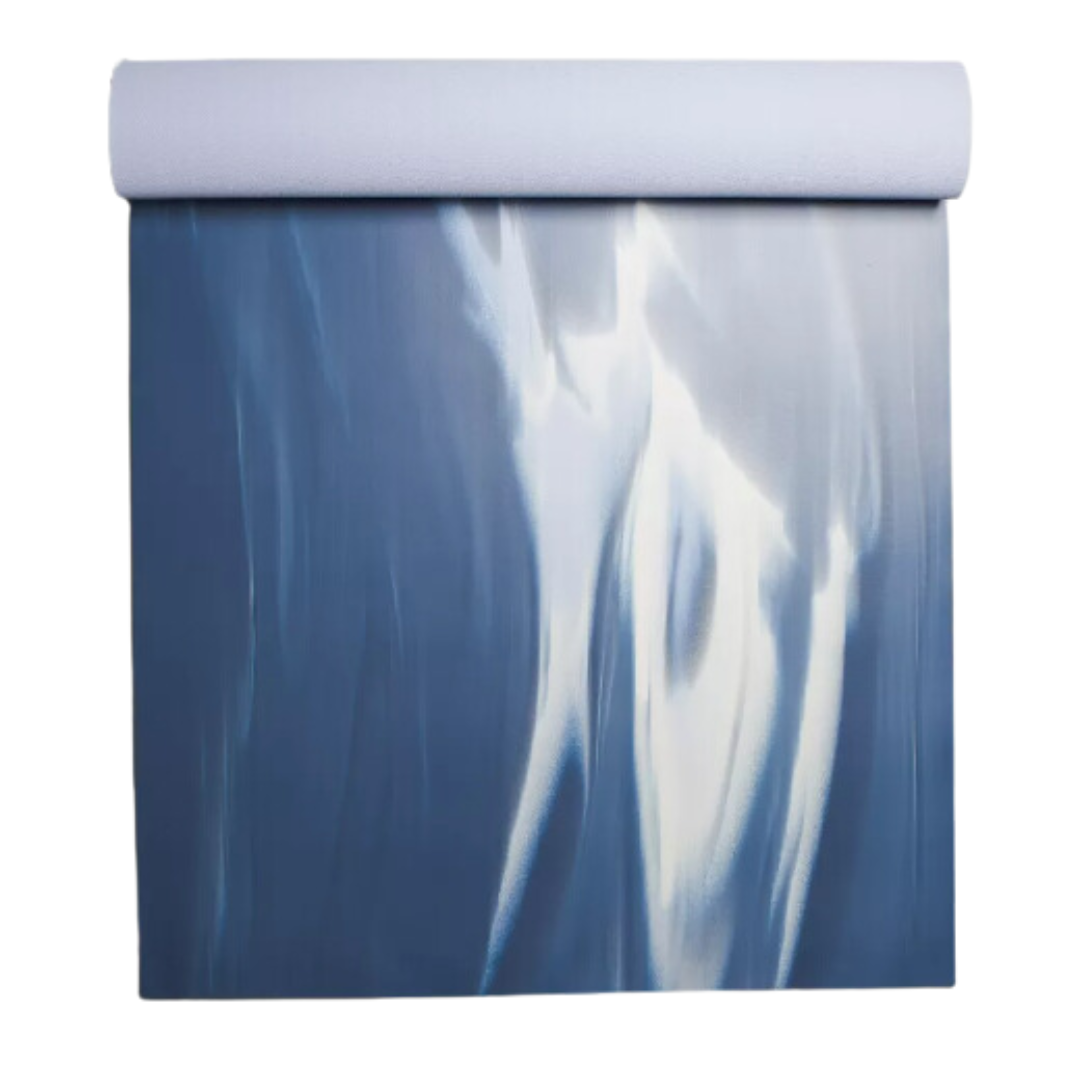In need of inspiration? These 9 low-impact Pilates workouts will improve your mood, muscle and more
Perfect for recovery days.


Celebrity news, beauty, fashion advice, and fascinating features, delivered straight to your inbox!
You are now subscribed
Your newsletter sign-up was successful
Pilates workouts have become the world's go-to for so many reasons: they build serious muscle in places you didn't even know you had it, there are so many types of Pilates you can never get bored and it is a game changer for reducing pain, stiffness and discomfort. Enter stage right: our edit of the best low impact Pilates workouts.
One of the best things about Pilates, especially when compared to other trendy workouts like running, is that it's so low impact. Wondering what low impact means? In short, impact is another way of explaining force. High-impact training means a lot of force goes through the joints, muscles and bones when you land on your foot when you run. Low-impact workouts, on the other hand, mean that there isn't a lot of force going through your body.
While you may think that only beginners or injured people need to be mindful of force, everyone can benefit from adding more low-impact workouts like Pilates into their routine.
Don't believe me? Well, a Physical Medicine and Rehabilitation review looked at 16 studies of Pilates interventions in healthy populations (read: not injured or in pain) and reported that low-impact Pilates improves flexibility, dynamic balance and muscular endurance. Meanwhile, a 2023 paper reported that performing Pilates alongside a running routine led to a reduction in knee valgus (meaning, the knees dropped in past the midline, which can cause pain and injury) during runs.
And, given that excessive HIIT and running are associated with overtraining syndrome, in which the body stops making adaptations due to stress, adding low-impact Pilates into your routine might be an excellent way to aid recovery and keep moving without overdoing it.
It worked for me, a fitness trainer and Health Editor. When I was running regularly during half marathon training, I leant on Pilates to support my recovery, build strength in the small muscles that are used during running and maintain my muscles without trying to keep intense weight training alongside long runs. I've shared some of the videos that kept me going below - and if you're looking for more Pilates content, don't forget to check out our roundups. We have everything covered, from the best Pilates core moves to how often you should do Pilates and reviews of Tower Pilates, Reformer Pilates, weighted Pilates and everything in between.
Your guide to the best low impact Pilates workouts
What are the benefits of low-impact Pilates workouts?
1. They improve joint health
Low-impact workouts like Pilates can improve joint health by working on mobility without the load. Rather than landing heavily and straining the joint, you'll be building supported strength so your joints can move more freely. In fact, research shows that Pilates can reduce pain and improve quality of life in people with joint inflammatory arthritis.
Celebrity news, beauty, fashion advice, and fascinating features, delivered straight to your inbox!
2. They build muscular endurance
If you've ever wondered why you're expected to do so many reps and pulses in Pilates, it's because the aim of the game is to improve muscular endurance. Rather than high-impact exercise where you are working on explosive power, Pilates is about building your ability to withstand weight and load for long periods of time.
3. They're effective and enjoyable
Pilates wouldn't be so popular if so many people didn't love it. One reason why it's enjoyable is because you leave a class feeling challenged and fulfilled but not completely knackered thanks to the low-impact nature.
4. They're accessible
Finally, almost everyone can do Pilates, which is another reason for the universal obsession. Because it's low impact, it's available to beginners as much as advance exercisers, and young people through to the elderly.
9 best low-impact Pilates workouts to try today:
1. 10-minute Pilates core workout by Flow with Mira
What? A core and ab-focused low-impact Pilates session.
Why? Pilates is a core-focused workout, teaching you to control your midsection for all-round strength. In this workout, you'll work on Pilates hundred, side planks and eight other low-impact moves.
How long? This workout hits all the key points in just 10 minutes.
2. 10-minute express Pilates by Isa Welly
What? An express session that's perfect for beginners and experienced Pilates lovers.
Why? This is the perfect workout for when you have no time but want to get something done. With its stretch and strength focus, your body will thank you.
How long for? A quick 10 minutes.
3. 15-minute daily Pilates routine by Lottie Murphy
What? A low-impact routine you can do every day to warm up for a run, the gym or a longer class - or just to support your body for the rest of the day.
Why? This grounding class focuses on breathwork, core control and glute strength for comfort and posture.
How long for? At just 15 minutes, it's a great daily routine.
4. 20-minute Pilates workout by Growing Anna Nas
What? A Pilates-style workout that will leave your muscles shaking.
Why? A more advanced Pilates-style workout, this one is great for those who want to pack in intensity without the impact.
How long? It's 20 minutes, though those pulses may make it feel longer.
5. 25-minute feel good Pilates workout by Move With Nicole
What? A gentle Pilates workout designed to boost your mood.
Why? Nicole's workouts will always leave you in a good mood, but this class is specially designed with breathwork and flows that will make you feel amazing.
How long? It's 25-minutes - more than enough time to turn your day around.
6. 25-minute beginner Pilates workout by Marie Steffan
What? A low-impact Pilates routine that's great for everyone.
Why? Targeting your deep core and glutes will help you when you run, walk or recover - and this routine focuses on those area with intense but low-impact moves.
How long? A 25-minute session - plenty to feel the burn.
7. 30-minute total body Pilates by Lottie Murphy
What? Another total body class by queen of the mat Murphy.
Why? With a focus on deep mind-to-muscle connection, Murphy will get you working on muscles and stability that will benefit you for life.
How long? It takes just half an hour.
8. 30-minute cardio Pilates workout by FitLara
What? A low-impact cardio Pilates class, because who said getting sweaty had to involve jumping or running?
Why? Looking after your heart health is important - and your heart rate will be rising in this fast and dynamic class without any impact.
How long? At 30 minutes, it's the perfect class for a daily sweat.
9. 40 minute full-body Pilates by Move With Nicole
What? A longer full-body class that's dynamic without impact.
Why? Move with Nicole's channel is full of gems, but this one stands out for its core strengthening focus, stretching elements and speedy moves that work all round fitness.
How long? It's a 40 minute class, so best for those with a good fitness base level.
Shop MC UK approved Pilates kit now:
What's the difference between impact and intensity?
While low-impact Pilates classes don't contain jumping or high levels of load, don't think that they're not intense. Impact and intensity are different measures and can often overlap.
We know that impact means how much force moves through the body. But intensity means how hard something is, and can be an objective (your heart rate reaching a certain level) or subjective (feeling very difficult to complete) measure.
While high-impact activities are often high-intensity (it's hard to run or jump without it feeling like a lot), if you've ever struggled through a Pilates session you'll know that low-impact classes can indeed be intense.
For that reason, take stock of how intense Pilates classes claim to be before signing up. While most won't involve much impact, if you're injured or using it as a form of recovery, it's important to keep intensity reduced too.

Chloe Gray is a freelance journalist who writes and talks about health, fitness, and wellbeing through a feminist lens. She was part of the launch team for Stylist magazine's fitness brand, Strong Women, and has written for i news, Women's Health, Red magazine, Good Housekeeping, Refinery29, and more. She's all about building mental and physical strength, eating delicious food that fuels you well, and making the fitness industry more accessible and enjoyable. She's also a qualified fitness trainer and research nerd, so you can be sure everything you read is backed by proper science.










